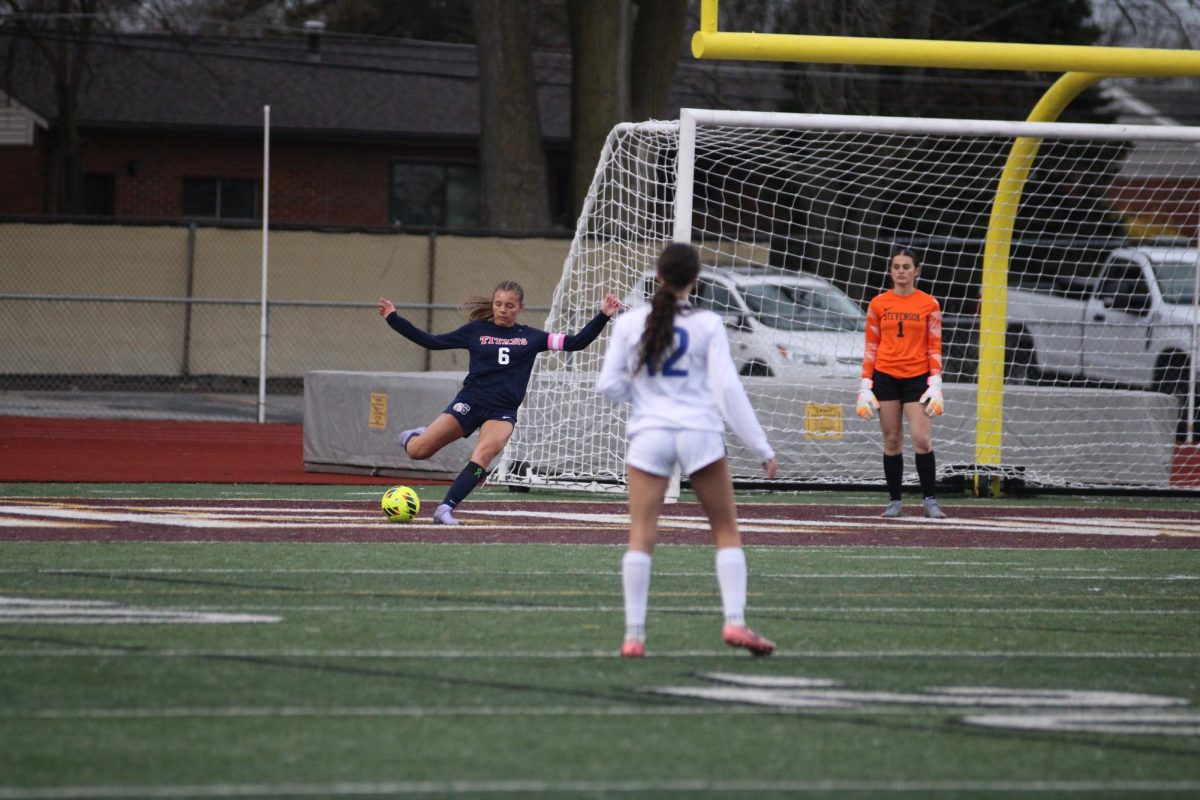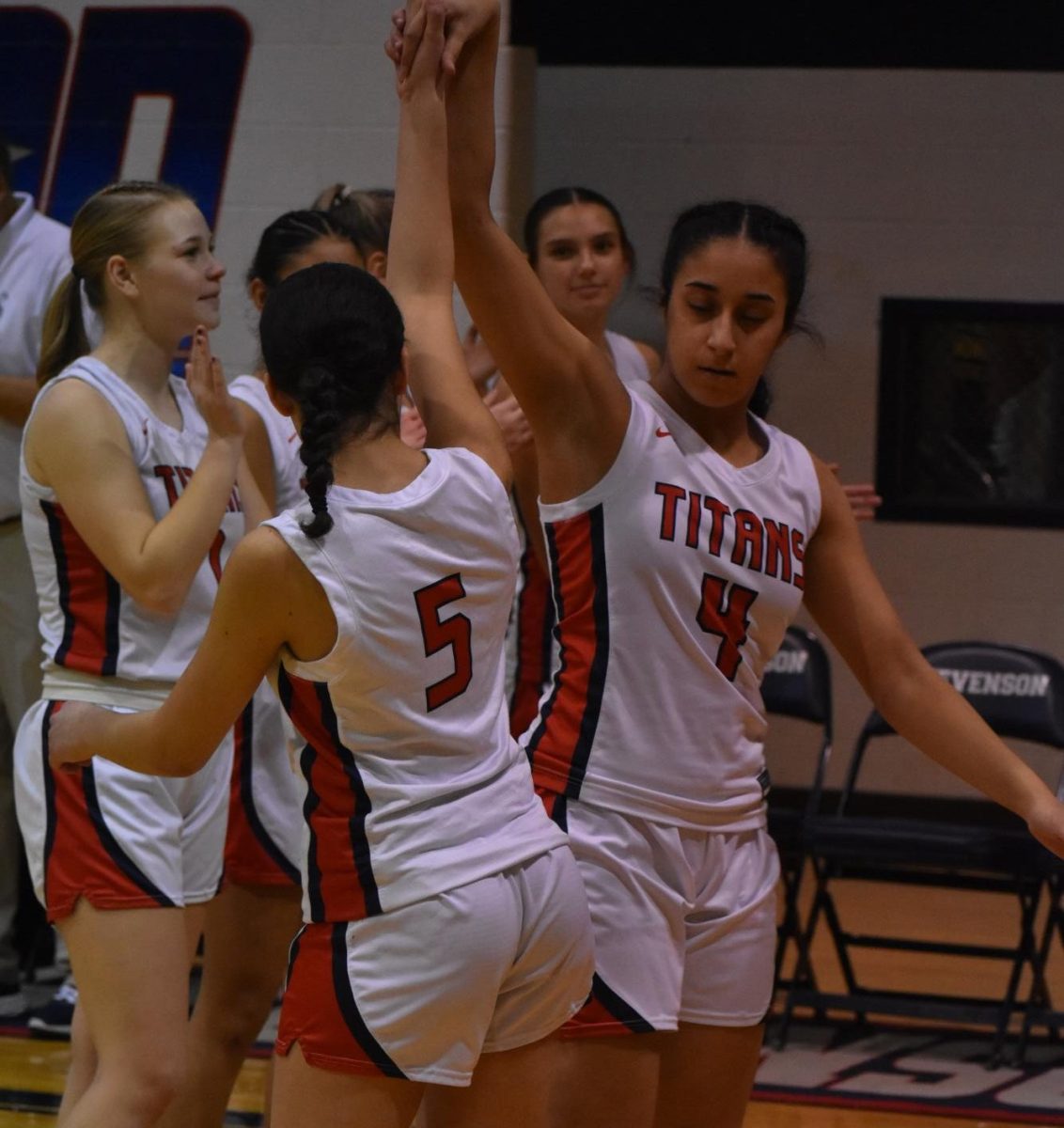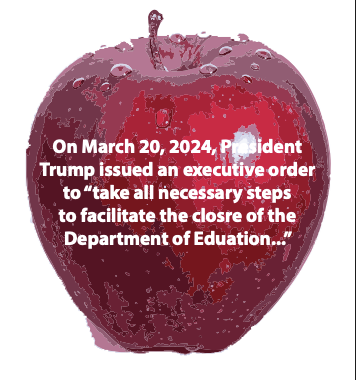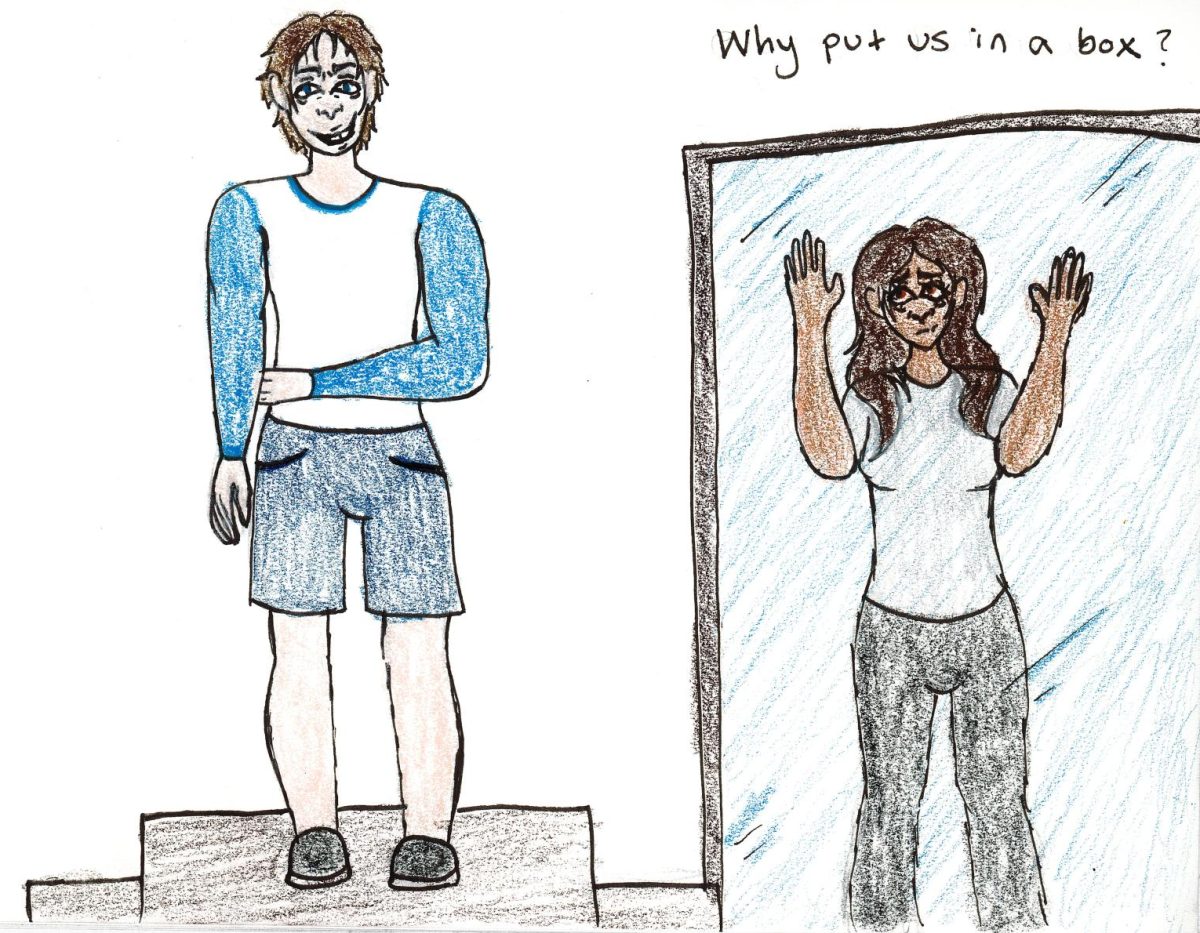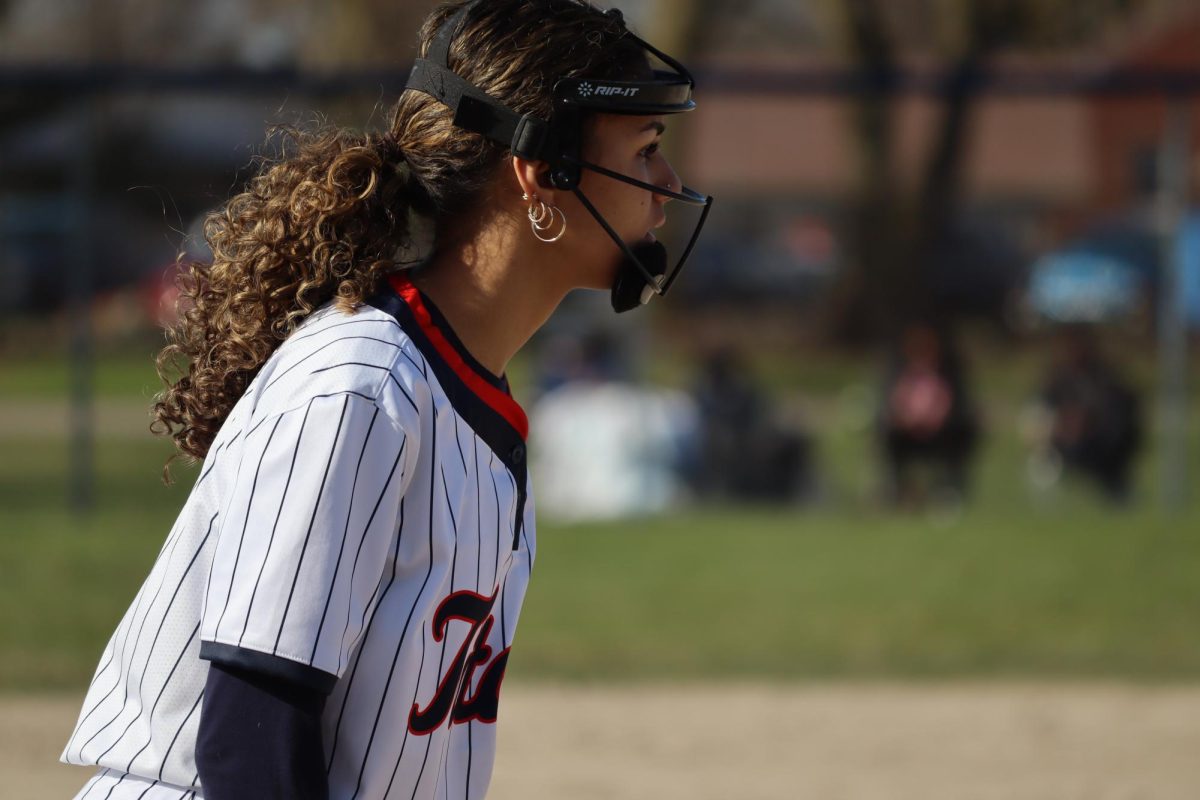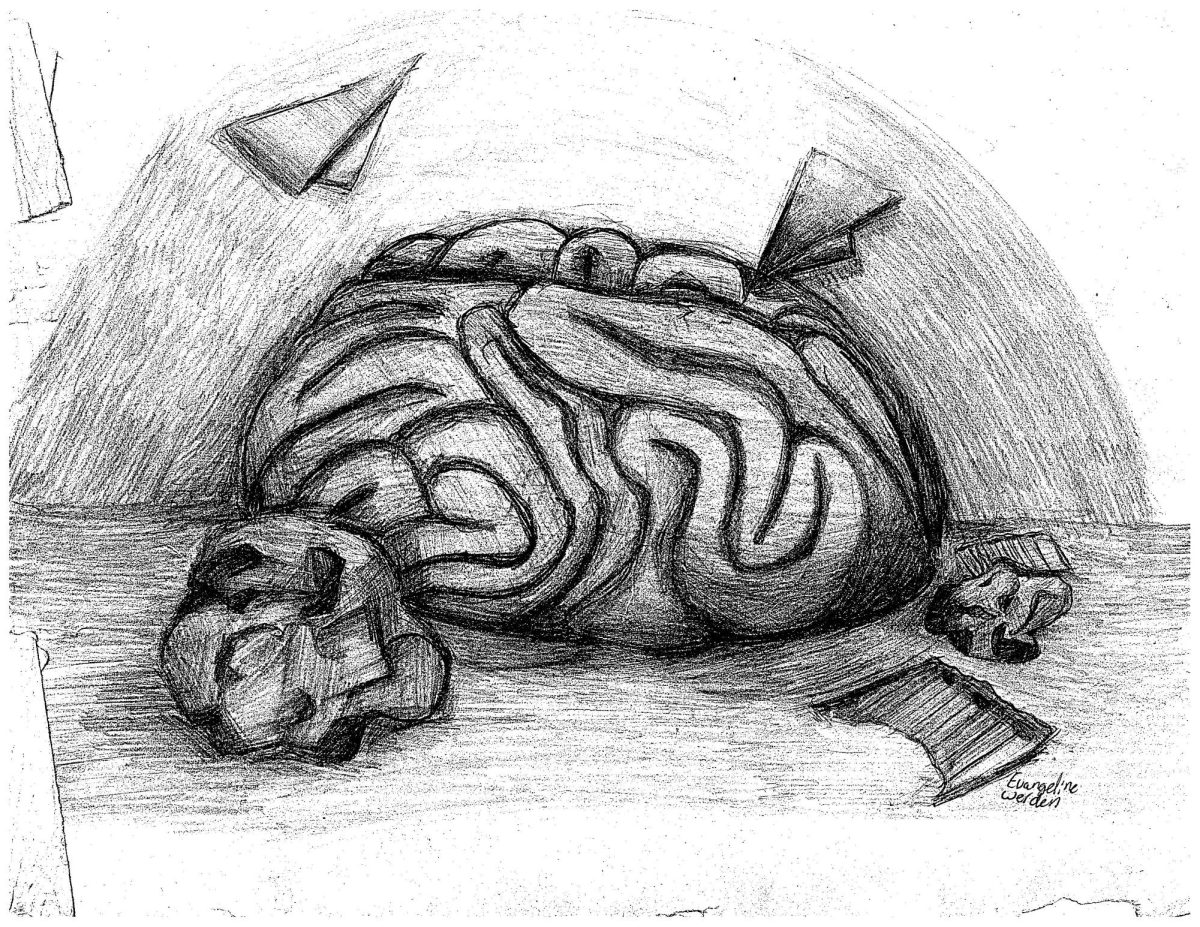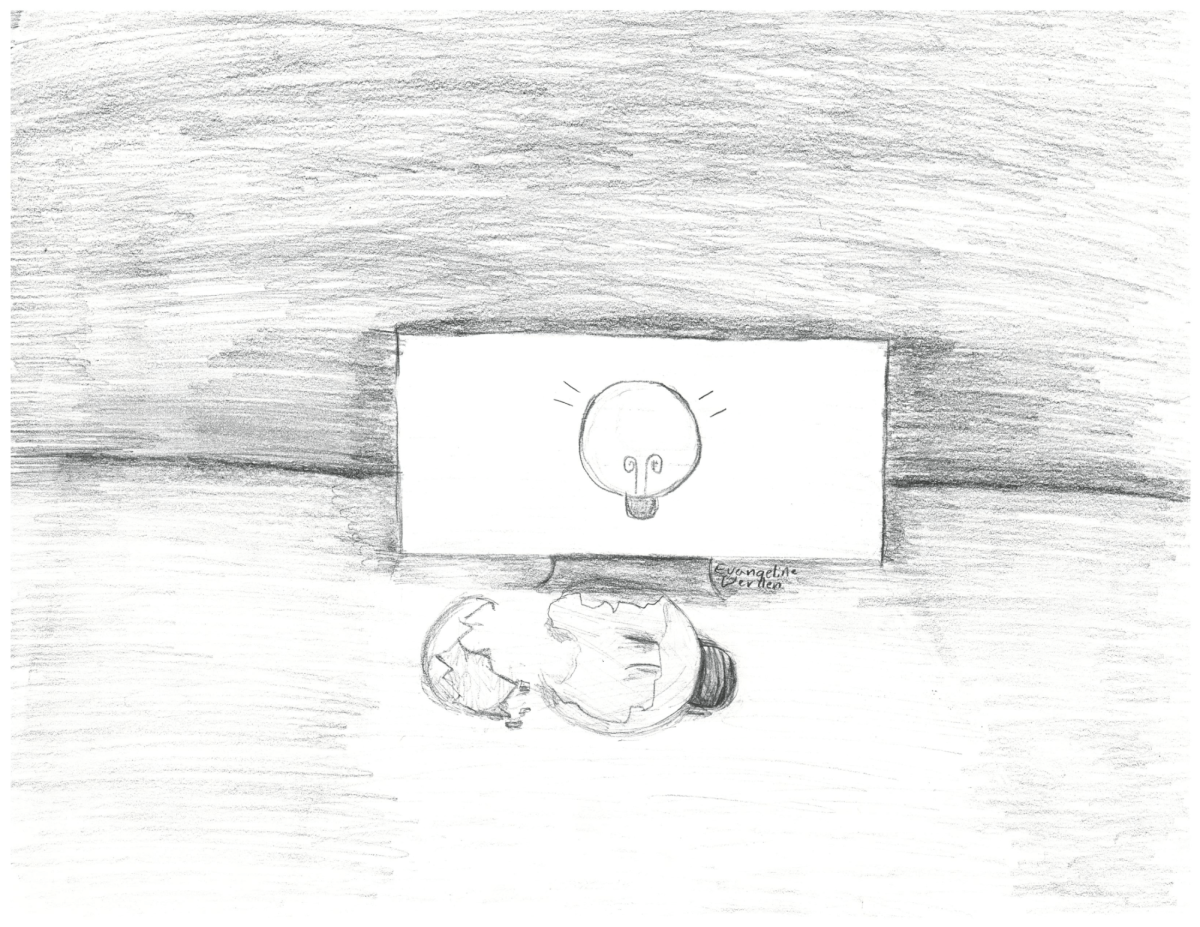Students can all agree that when it comes to studying for tests, it is far from easy. Studying is the last thing you want to do after a long school day. That is when procrastination can creep in, and instead of focusing on studying for an important test, we find ourselves watching our favorite TV show or taking a long nap.
Then, on test day, we have test anxiety from not studying enough, creating a toxic, never-ending, cycle. We at The Vanguard believe students have the power to break the procrastination cycle. In order to succeed in school, it is necessary to create good study habits. Every student is different, some need to study more than others. But once you find your own personal study method that you feel comfortable with, run with it.
The problem with procrastination isn’t just about putting things off—it’s about how we justify it to ourselves. Students often tell themselves that we’ll study “later” or that we’ll “start after one more episode” of our favorite show.
The issue is that, deep down, we know it’s just an excuse. This delay causes unnecessary stress when test day finally arrives, and the time we thought we had is gone. As the test date approaches, the pressure increases. The motivation to study becomes harder to find. Instead of being productive, we may even feel worse about the situation. This cycle of procrastination and stress only adds to the burden and makes studying feel even more overwhelming.
The solution is simple. We at The Vanguard believe it lies in understanding how to break the cycle of procrastination. Knowing it is not just about willpower but also about creating a manageable, consistent study routine. One of the most effective ways to combat procrastination is through planning.
One thing a student can do is break down their study material into smaller, more manageable sections. This prevents the material from feeling too overwhelming and makes it easier to focus on one thing at a time. Setting aside specific times each day for studying can help turn it into a regular part of your routine, making it less likely for procrastination to take over. Adding things like short breaks while studying can help keep the brain fresh and prevent burnout. You don’t have to study for hours on end without a break to be productive; it’s about finding a balance that works for you.
Ultimately, studying is a skill that requires practice. Like anything else, it can take time to develop good study habits. It’s not about memorizing a formula or following a specific set of rules. It’s about finding your own rhythm and discovering what study methods work best for you. Whether you use flashcards, outlines, or digital resources, the goal is to make studying a consistent and effective part of your routine. Over time, the more you practice good study habits, the easier it becomes to avoid procrastination and stay on top of your work. You’ll also begin to notice a decrease in anxiety because you won’t be scrambling at the last minute to cram everything in.
Procrastination may feel like an easy escape from studying, but in reality, it only adds to our stress and anxiety. Breaking the cycle requires intentional effort, including planning your study time, eliminating distractions, and finding a routine that works for you. Once you make studying a consistent habit, you’ll notice your confidence grow, your stress decrease, and your grades improve. As midterms loom near it’s important to remember success in school isn’t about cramming the night before; it’s about consistency, discipline, and finding a study strategy that helps you succeed. By breaking the procrastination cycle now, you’ll be better prepared not only for midterms but for future challenges.






